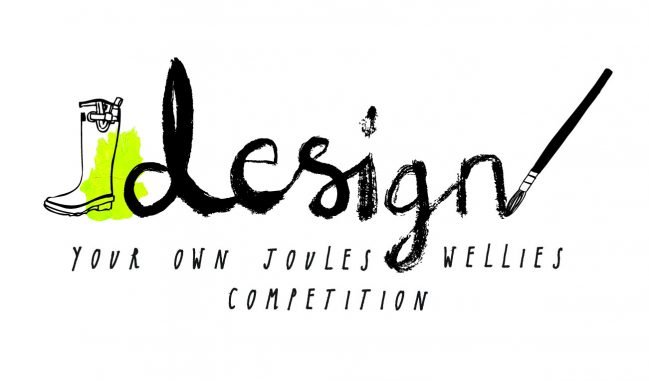Tomorrow marks the start of
Eating Disorders Awareness Week 2017 which is run by the UK’s Eating Disorders charity Beat. I’ve never really written about the event before and I can’t quite explain why I feel so compelled to do so now- it could be that as I approach 30 the realisation that I have now spent half of my life living with an eating disorder, or it could be that I feel especially strongly about this years campaign on early intervention. Either way this is a post that has been on my mind for quite some time, with no clear direction on how I want to write it, so please bear with me as I muddle through.
As I mentioned above my eating disorder started when I was 15 years old, however it took a good two years (perhaps longer) before I was diagnosed by which time the illness and it’s deep rooted beliefs were well entrenched. Sadly the main obstacle my desperately worried family came up against was getting medical professionals to take us seriously, you see, I went from a very overweight teenager to one who was only just on the low end of the healthy BMI scale and as such nobody saw it as a problem. It didn’t matter that I’d lost 5 stone in four months. That my food intake was minimal and I was exercising compulsively. It also didn’t seem to matter that I was becoming more and more depressed and withdrawn, it seems to be assumed that it’s just a part of
becoming a teen and was therefore brushed under the carpet. I somehow managed to pass my GCSEs but never did get to even sit my A-levels. I went on to develop severe bulimia which resulted in my first inpatient admission aged 19- but because throughout all of this I barely fell in to the “underweight” category getting help and support was an up-hill battle. My underweight years didn’t start until I was in my twenties and even then were extreme before I could access the help I so badly needed. Waiting lists and lack of funding mean often it takes a patient being at a catastrophically low weight before they can get an inpatient bed, or they become seriously medically compromised whilst waiting. People have and still do die waiting and this needs to stop.
Accepting that you have a problem is hard enough and making those first steps to seek help and support is one of the most difficult steps you will take and yet I still hear about people being turned away because they don’t present as “typically” unwell. Just because someone isn’t emaciated doesn’t mean they aren’t at serious risk both mentally and physically. Eating disorders have the highest mortality rate of any mental illness- there are the physical risks such as heart failure, osteoporosis, the damage to organs and teeth. There’s also the high rate of death by suicide. Any of these risks can and will strike at any weight and at any time- I’ve lost far too many friends this way and I fear that as time passes I will lose more.
This year Beat are campaigning for increased awareness of the importance of early intervention and it’s a cause I can and will strongly get behind. I’ve pulled a couple of infographics from their website to show you, in simple terms just what a difference it can make.
If you want to read more about the importance of early intervention then please do visit the
Beat page all about it as I would be here long after the week has ended trying to write about it myself.
A major part of what Beat are looking to achieve with this year’s campaign is increased support and training for GPs and this is something that I think is 100% vital. I have struck gold with my own GP, I can honestly say that I would not be alive without her care and support- she has gone above and beyond for me time and time again and I wish everyone could have a GP like her. Likewise the GPs I work with are all wonderful when dealing with these things but I appreciate that this isn’t the case everywhere or for everyone. By increasing the support and training available to GPs the delays in getting treatment can be greatly reduced and patients on the (what can feel never-ending) waiting lists for specialist treatment can get the immediate care that can really help tip the balance between full recovery or becoming trapped in the recovery/relapse cycle.
If you are struggling with your relationship with food and your body, or if you notice worrying changes in someone you are close to then please do seek help sooner rather than later. It will probably be one of the hardest and scariest steps you take in getting better but the sooner you can get in to the system the higher the chance of full recovery is.
For more advice on what signs and symptoms to look out for, how to seek help, or on how to support a family member or friend then again I refer you to the Beat website which is a wealth of information and resources to make you feel less alone.
Over the course of the next 7 days there are a few ways in which you can help raise vital awareness and funds for Beat to support and enable their campaigns to get early intervention happening far more than it currently is. The easiest ways are to take part in to Sock it to Eating Disorders day on Friday (3rd March) or help spread the word by signing up to the thunderclap campaign on social media.
Again please do forgive me if this post is a bit all over the place or poorly written. It’s so hard to turn a cause you feel so strongly about in to a work of art (it’s not a subject that lends itself to flowing eloquently) but I hope that I’ve managed to get my message across. If we all pull together I really believe we can make a difference.
As for me, well, I’m getting there. I’m determined that this is the year I will defeat anorexia once and for all. It’s been a rollercoaster ride, indeed it still IS a rollercoaster ride but finally I can see a light at the end of the tunnel and for the first time perhaps ever I am starting to imagine a life that isn’t dominated by the food I eat or how much I weigh.

![]()














